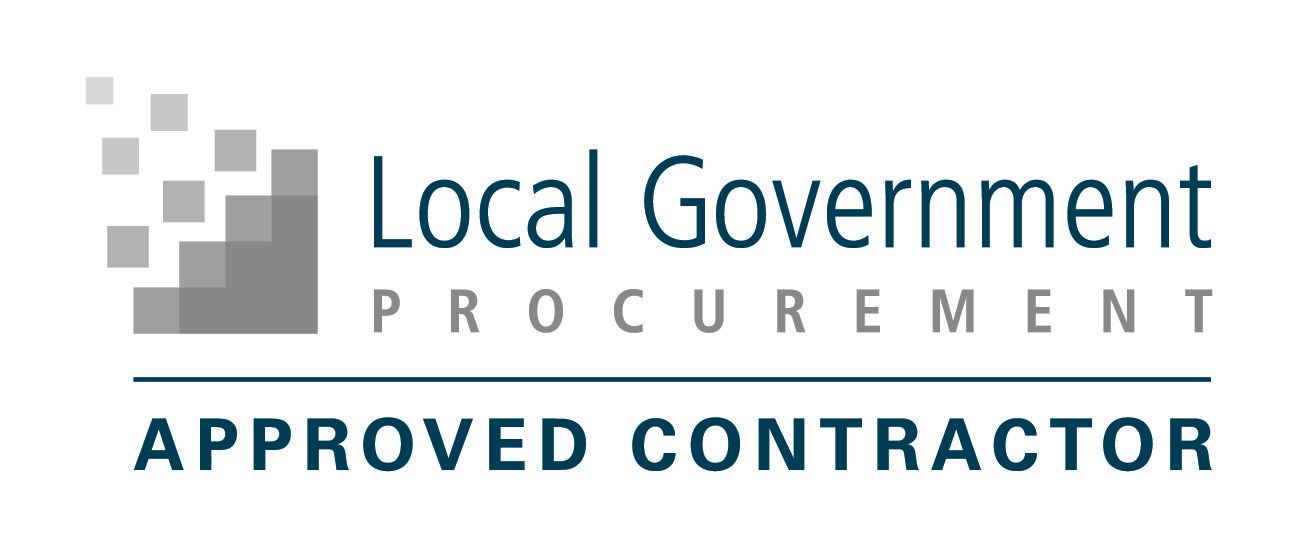Risks with Social Media for the Medical Industry
sheree
It’s safe to say that social media isn’t just a fad; it’s an evolution in the way we communicate, and that means that medical practitioners will need to be educated in how to use it. Most people already know how important social media can be to building a trustworthy face for your medical business, but there are risks associated with social media and medical professionals that must be considered in your marketing before you think about diving into the deep end.
During the training and education for medical professions professional standards are reiterated and reemphasised continuously. This doesn’t end with face-to-face interaction, and this is where many medical professionals are falling into the traps. While social media can be a great tool to grow your practice, it can also mean risky business if medical professionals are not maintaining the same level of medical professionalism they would in their interactions with patients.
Due to the risks, many practitioners would prefer to avoid social media all together but this is becoming increasingly difficult as it integrates with our daily lives. However, as a joint-initiative by the AMA , NZMA , AMSA , and NZSMA suggests, medical practitioners will need to embrace the digital world while still maintaining professional standards. So, what are the risks, and how can you avoid them?
Confidentiality
Confidentiality is a well-known professional standard for medical professionals; many patients are well-versed in this standard too. And yet, with social media and how easy it is to share information, it’s commonplace for medical professionals to have a lapse in judgement and betray this confidentiality agreement by sharing patient information online, whether that’s to a public forum or private group.
Defamatory Statements
Defamatory comments should not be posted by people involved in your medical practice or responded to under any circumstance. These can lead to a civil claim with substantial monetary compensation needing to be paid.
Boundaries
It’s easy to allow patients to glimpse into your personal life with social media, but this can lead to a violation of patient-doctor boundaries. It’s wise to avoid online relationships with current or former patients, such as being Facebook friends or Twitter followers. Instead, consider medical practitioners may consider a professional page for themselves or their medical practice and communicate with patients through this channel.
Data
It’s not unreasonable to assume that once it’s on the internet, it’s there forever. This should be kept in mind whenever you decide to interact online in a professional capacity. This is true for existing and aspiring medical practitioners; unflattering media or comments that you have online can really come back to haunt you when it comes to finding employment, gaining referrals, or even new patients.
Privacy
Privacy is a dominant talking point this decade. If you’re on social media, take the time to go through all your privacy settings and ensure that they’re appropriate for you.
There’s a lot to consider with social media in the medical profession, but it can’t be ignored. That’s also why your marketing department needs to be well aware of the restrictions placed upon the medical industry in their marketing both online and offline. Icon Visual Marketing Medical Marketing team are experts in these limitations, and work exclusively with the medical industry to make ethical marketing strategies to grow your practice. If you need some guidance with your social media pages or digital marketing strategy , enquire with Icon today.
KEEP IN TOUCH














